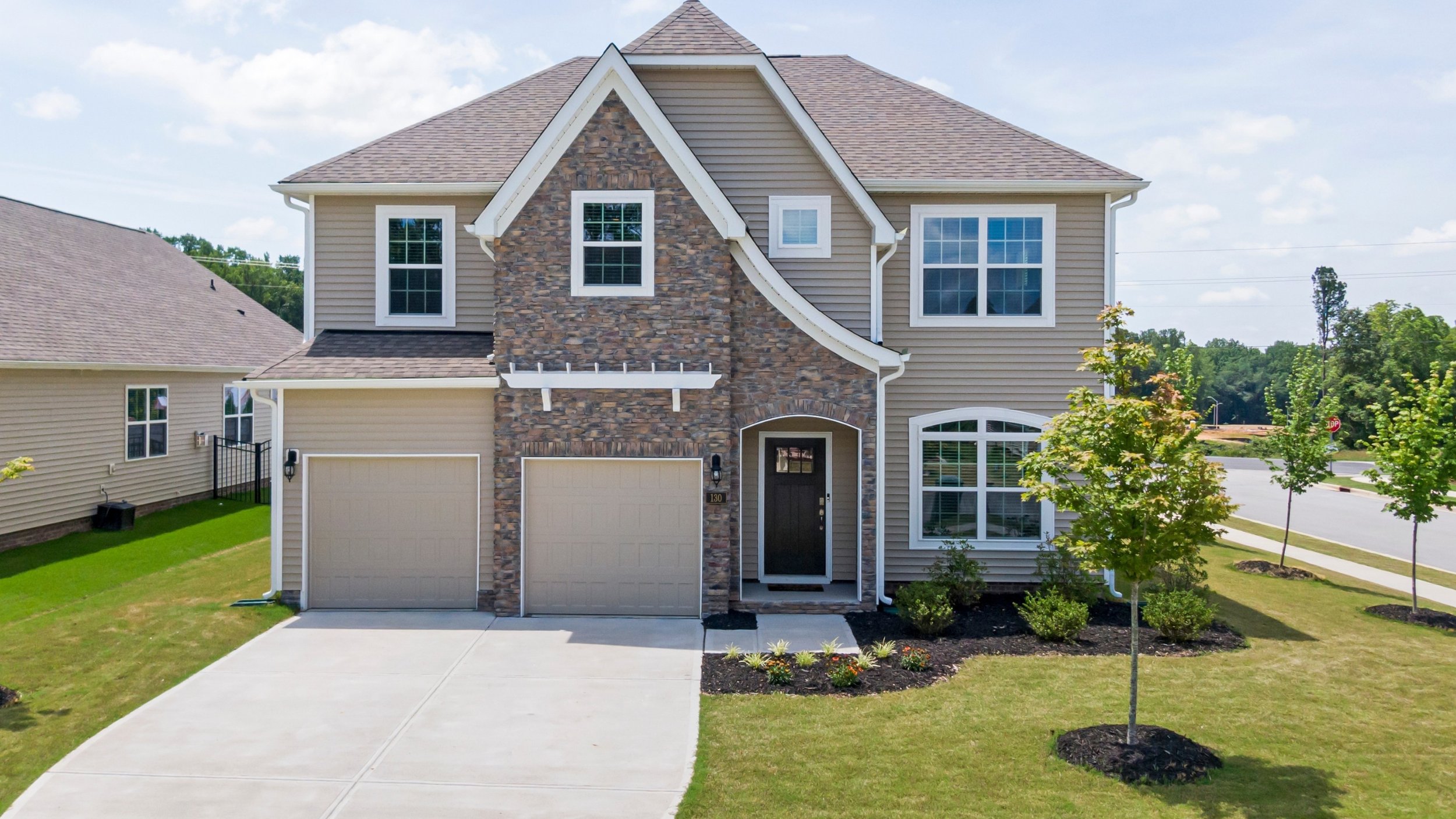
Subprime Mortgages
Subprime Mortgages Offer Homeownership Opportunities For Those With Lower Credit Scores, But Often Come With Higher Interest Rates And Less Favorable Terms
David Pipe, Mortgage Broker
David provides clients with tailored advice on mortgages, life insurance and investments. He offers a holistic approach to mortgages, investing and wealth-building.
Subprime Mortgages Help Those With Poor Credit, But Come With Higher Costs
If you're struggling to meet the credit requirements of traditional lenders, a subprime mortgage may be the solution you're looking for.
Designed for individuals with lower credit scores, irregular income, or financial challenges, subprime mortgages provide a pathway to homeownership when conventional loans aren't an option.
However, due to the higher risk for lenders, these loans often come with higher interest rates and less favorable terms.
David Pipe is here to help guide you through the process.
With extensive knowledge of subprime mortgages, he can assist you in finding a solution tailored to your financial situation, ensuring you understand your options every step of the way.
Whether you're a first-time homebuyer or looking to refinance, David will make sure you get the best possible terms to suit your needs.
Who Typically Seeks a Subprime Mortgage?
Subprime mortgages are commonly sought by individuals in the following situations:
Low Credit Scores: Borrowers with a credit (FICO) score below 620.
Self-Employed Individuals: Those with fluctuating income or difficulty proving earnings.
High Debt-to-Income Ratio: Borrowers whose monthly debt obligations take up a large portion of their income.
Previous Bankruptcy or Foreclosure: Individuals recovering from financial setbacks who do not yet qualify for prime mortgage products.
Limited Credit History: Young borrowers or newcomers to Canada who have not yet built a robust credit profile.
How Do Subprime Mortgages Work?
Subprime mortgages function similarly to conventional loans but with key differences in rates, terms, and qualification criteria.
Higher Interest Rates
Because subprime borrowers present a greater risk, lenders compensate by charging higher interest rates.
This type of mortgage is usually about 2-3% higher than the rates commonly found for a standard mortgage.
Alternative and Subprime Mortgages in Canada
In Canada, subprime or alternative mortgages are typically structured with short-term fixed rates, often between one to three years.
Unlike in the U.S., adjustable-rate or variable subprime mortgages are rare.
Borrowers should be aware, however, that at the end of a short-term mortgage, they may need to renew at a higher rate depending on market conditions, which can still impact affordability over time.
Larger Down Payments
Lenders may require a higher down payment, often more than 25%, to offset risk.
This contrasts with most other mortgage loans, where down payments can be as low as 5%.
How David Can Help With a Subprime Mortgage
When it comes to securing a subprime mortgage, trust David Pipe to guide you through the process with expertise and personalized care.
David understands that financial challenges, such as lower credit scores or irregular income, can make it difficult to secure a traditional mortgage, and he's dedicated to helping you explore your options.
With strong relationships with leading subprime mortgage lenders, David works to secure competitive terms tailored to your unique financial situation.
He simplifies the process, explaining every detail clearly and transparently, so you can make informed decisions.
Whether you're buying your first home or refinancing, David provides compassionate, judgment-free guidance every step of the way, ensuring you get the support you need to achieve homeownership.
Get To Know Us
See why people love working with WealthTrack
How Much Can I Afford?
Use this calculator to determine the amount you can afford to finance and the highest affordable house price after incorporating the down payment amount.
Pros of a Subprime Mortgage
Despite the risks, subprime mortgages can be beneficial for certain borrowers.
1. Homeownership Access
For individuals who do not qualify for traditional loans, subprime mortgages offer a path to homeownership rather than waiting years to improve their credit.
2. Credit Score Improvement
Making timely payments on a subprime mortgage can help rebuild credit, potentially allowing borrowers to refinance into a prime mortgage later.
3. Flexible Qualification Criteria
Subprime lenders often have more lenient requirements, considering alternative income sources and financial history beyond credit scores.
Cons of a Subprime Mortgage
However, these loans come with considerable drawbacks that must be carefully evaluated.
1. Higher Costs Over Time
Higher interest rates and fees can lead to significantly larger monthly payments, costing borrowers thousands more over the life of the loan.
2. Risk of Higher Costs at Renewal
Since most subprime mortgages in Canada have short terms with fixed rates, borrowers may face higher interest rates and additional fees when it’s time to renew. If their financial situation hasn't improved — or has worsened — they might have limited options and be forced to accept less favourable terms, increasing their overall borrowing costs.
3. Increased Likelihood of Foreclosure
Due to the higher costs and payment fluctuations, subprime borrowers face a greater risk of negative outcomes (foreclosure being one such outcome, although rare) if they cannot keep up with payments.
David’s Subprime Mortgages Process
-

1. Get to Know You
Fill out a quick form right now. We’ll ask a few questions and get a sense of where you're at.
-

2. Explore Alternative Lenders
We identify lenders that accept lower credit scores or unique situations.
-

3. You Get The Facts
You receive a solution to get approved today—and rebuild credit for better terms tomorrow.
Alternatives to a Subprime Mortgage
Before committing to a subprime loan, borrowers should consider other options:
1. Get a Cosigner or Guarantor
In Canada, borrowers with limited credit history or lower income may improve their mortgage approval chances by having a cosigner or guarantor. This person agrees to share responsibility for the loan, helping to mitigate the lender’s risk and making it easier for the borrower to qualify for better terms.
2. Improve Credit First
Improving a credit score through timely payments, reducing debt, and correcting errors on credit reports can help borrowers qualify for better mortgage terms.
3. Larger Down Payment
Saving for a larger down payment can help mitigate lender risk, leading to more favorable loan terms.
General Questions about Subprime Mortgages
-
A subprime mortgage is a loan offered to borrowers with lower credit scores or limited credit history. These mortgages usually come with higher interest rates.
-
Most subprime loans come from alternative or private lenders, not banks.
-
Yes. Many refinance once their credit improves.
Is a Subprime Mortgage Right for You?
A subprime mortgage can be a stepping stone to homeownership for those with financial challenges, but it comes with significant risks.
Borrowers should carefully assess their ability to make payments, consider refinancing options in the future, and explore alternatives before committing to a high-cost loan.
Consulting a mortgage professional like David Pipe can help determine the best path forward based on individual financial circumstances. Start your free review today.
Our Clients Tell Us:







